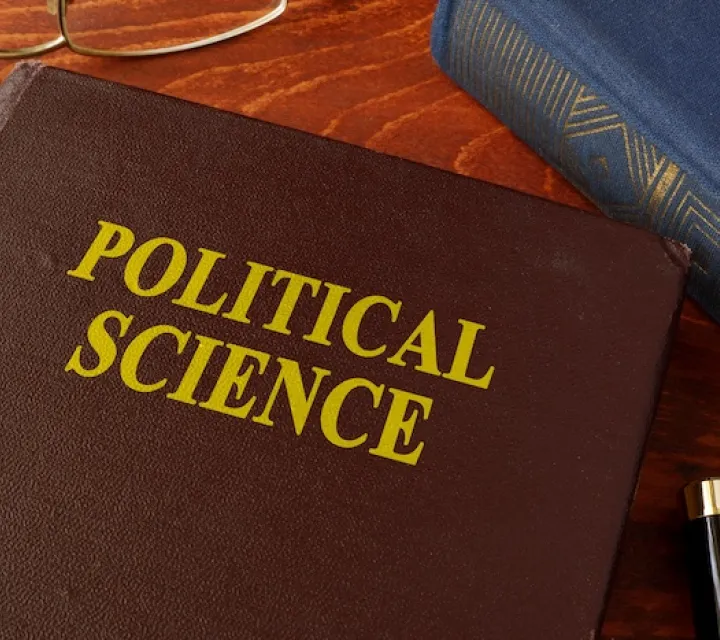Political Science at Marietta College
Political Science is the study of political behavior and the groups and institutions through which power is exercised. Marietta College's versatile faculty offer courses in the subfields of American Politics, World Politics, Comparative Politics, and Political Theory.
Throughout the program, students examine the purposes and problems of politics and evaluate many of the controversial issues of political life. They also assess different viewpoints about the world community, analyzing political issues and relating them to ethical decisions. Additionally, students take courses in research methods and complete original research projects for their Capstone, which provides them with valuable academic and professional skills.
Experiential Education
All Political Science majors complete an internship, a study abroad program, or the Washington Semester program. Internship opportunities have included working at law firms, participating in political campaigns, and serving in national, state, and local government offices. These experiences help students apply their formal studies and prepare for law school, graduate studies in public policy, or careers in business, government, or education.
Moot Court is an extracurricular activity where students simulate court proceedings, typically focusing on appellate court cases. Participants develop skills in legal research, writing, and oral advocacy while engaging with complex legal questions and practicing courtroom procedures.
Honor Society
Marietta College's chapter of Pi Sigma Alpha, the national political science honor society, recognizes students for outstanding achievement in political science. Founded in 1920, Pi Sigma Alpha promotes academic excellence and fosters a network for students and scholars dedicated to advancing the discipline.
Co-Curricular Activities
- College Republicans and College Democrats are student-run organizations that represent the respective political ideologies of the Republican and Democratic parties. These groups engage students in political discourse, advocacy, and activism through events, campaigns, and discussions on government policy, elections, and party platforms.
- Model United Nations (MUN) is an academic simulation where students role-play as delegates representing different countries in mock sessions of the United Nations. Participants engage in debates, negotiations, and drafting resolutions on global issues such as international security, human rights, and environmental concerns. MUN helps students develop skills in diplomacy, public speaking, research, and critical thinking while fostering a deeper understanding of international relations.
Faculty Publications
- Dr. Morgan’s 2024 publication in International Studies Quarterly, titled “Learning to Fight Together: UN Peacekeeping Coalitions and Civilian Protection”.
- Dr. Morgan’s 2023 book, “Talking Tough in U.S. Foreign Policy: Executive Actions, National Emergencies, and Economic Sanctions”.
- Dr. Morgan’s 2019 publication in Presidential Studies Quarterly, “The Contemporary Presidency: How Presidents Utilize Their Emergency Powers”.
- Dr. Schaefer’s 2010 book, The Formation of the BRICS and its Implication for the United States: Emerging Together, co-authored with Dr. John Poffenbarger and published by Palgrave MacMillan.
- Dr. Tager’s article, “Apologies to Indigenous Peoples in Comparative Perspective”, published in The International Indigenous Policy Journal.
These publications highlight the department’s commitment to scholarly excellence and contributions to the field of political science.
